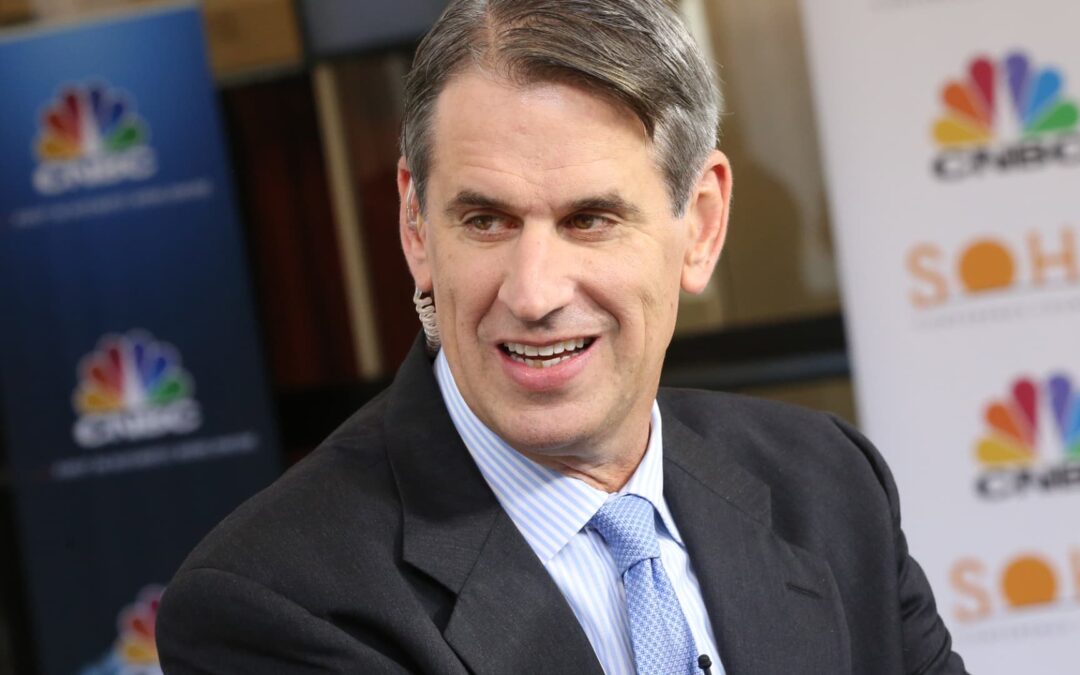Bill Gurley
Adam Jeffery | CNBC
Venture capital investor Bill Gurley, a partner at Benchmark, said founders he works with believe Meta‘s new large language model, Llama 2, has the “most momentum” in the battle of the large artificial intelligence models.
Gurley told CNBC’s Julia Boorstin Monday that the open-source nature of Meta’s product is threatening to other leaders in the AI space.
“One thing I’ve never seen before in a market this nascent,” Gurley said, is that “leaders in those incumbent companies that have raised billions are out trying to talk to governments and trying to scare them into potentially trying to handcuff the open-source product, which is crazy.”
Meta announced Llama 2 in July in partnership with Microsoft, and the model is free for commercial use and research. Meta said it believes opening access to the tool is a safe approach that will benefit entrepreneurs and allow them to innovate at scale, according to a release at the time.
A Meta spokesperson told CNBC in July it is “not focused on monetization for Llama 2.” The technology is available on Microsoft’s Azure cloud-computing service.
AI researchers typically compare LLMs when the software performs specific tasks. For instance, some AI researchers have found that Llama 2 outperforms other similar open-source AI language models and is on par with proprietary systems like OpenAI’s ChatGPT.
However, in another test, researchers have found that Llama 2 does not perform as well as GPT-3 when it comes to the task of generating useful code for software developers.
Even though Microsoft partnered with Meta on the Llama 2 model, it has also invested billions in OpenAI, which announced its most recent model, GPT-4, in March. Google followed suit with its latest large language model called PaLM 2 in May, which powers the Google’s generative AI features like its chatbot Bard.









